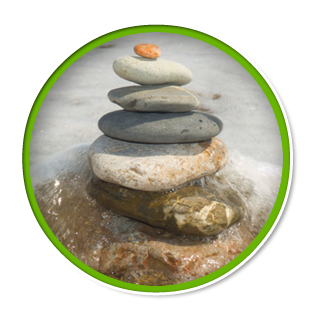

Frequently Asked Questions
-
Who has acupuncture?
Many people use acupuncture for help with specific symptoms or conditions. Others choose acupuncture as a preventive measure to strengthen their constitution or because they just feel generally unwell. Acupuncture is considered suitable for all ages including babies, children and the elderly. It can be very effective when integrated with conventional medicine.
-
Is it safe for children and teenagers?
Yes. Children and adolescents usually respond very well to acupuncture. Many acupuncturists specialise in paediatric care.
-
I'm scared of needles - can I still have acupuncture?
Yes. Acupuncture needles are very much finer than the needles used for injections and blood tests. You may not even feel them penetrate the skin and once in place they are hardly noticeable. Acupressure or electro-acupuncture do not use needles and can be as effective in certain cases.
-
What should I do before a treatment?
Try not to have a large meal within an hour of your appointment as the process of digestion will alter the pattern of your pulse, and you may need to lie on your stomach. You should also avoid alcohol and food or drink that colours your tongue such as coffee or strong tea. It is a good idea to wear loose-fitting clothes so that the acupuncture points, especially those on your lower limbs, are easily accessible.
-
How will I feel after a treatment?
You are likely to feel relaxed and calm. If the treatment has been particularly strong you may feel tired or drowsy and it is worth bearing this in mind if you plan to drive or use any other machinery soon afterwards.
-
Are there any unpleasant side effects?
Acupuncture has virtually no unpleasant side effects. Any that do occur are mild and self-correcting. Occasionally there may be minor bruising at the needle point or a short-term flare-up of your symptoms as your Qi clears and resettles.
-
Should I still take my prescribed medication while I'm having a course of acupuncture?
Yes. The acupuncture treatment may enable you to reduce or even stop taking some forms of medication but you should always consult your doctor regarding any change of prescription. DO NOT stop taking medication without professional guidance.
-
Is acupuncture available on the NHS?
A handful of GP practices offer integrated healthcare with complementary therapies including acupuncture and many BAcC members work within GP practices and primary care trusts (PCTs). However this is not yet commonplace.
-
I have private medical insurance - will it cover the cost of my treatment?
That depends upon your insurer. As the demand for complementary medicine increases more private health insurance companies are beginning to offer cover for traditional acupuncture and you should check your individual policy details.




